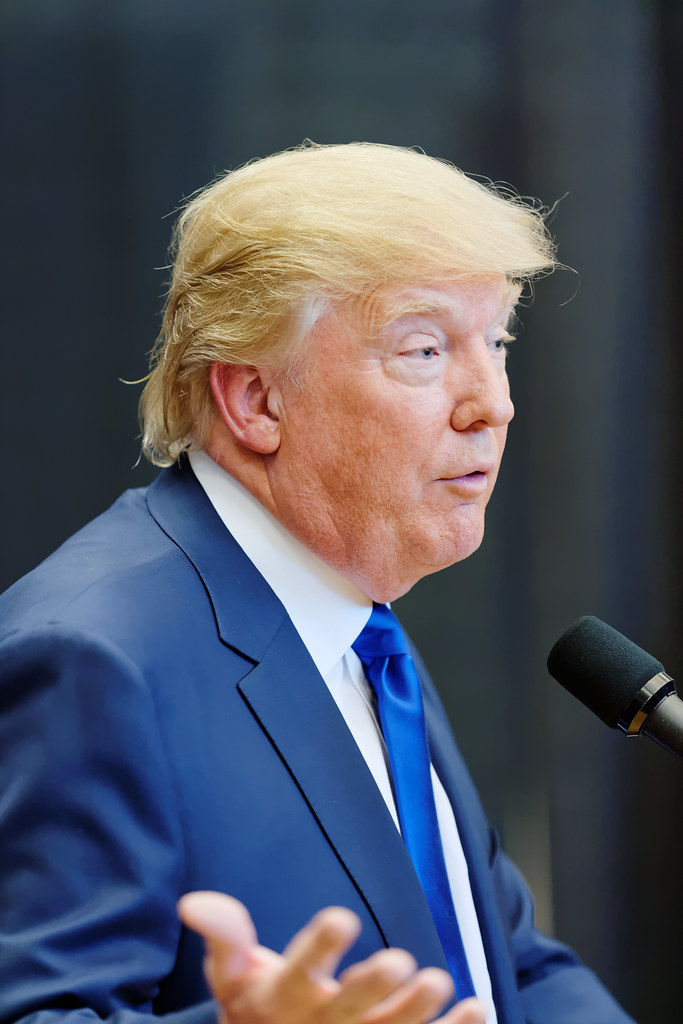Key Takeaways
• President Trump first said he might go to a landmark Supreme Court tariff case hearing.
• He then decided not to attend, citing respect for the court’s focus.
• Experts say his presence could have put justices in an awkward spot.
• The case hinges on a 1977 law that could grant Trump broad power to set tariffs.
• A loss could limit presidential trade power and reshape U.S. policy.
The Tariff Case Twist
In mid-October, President Trump surprised many by floating the idea of attending a Supreme Court hearing on his tariff case. He called it “one of the most important in history.” Yet, on Sunday, he abruptly reversed course. He said he did not want to distract the justices.
Why the Tariff Case Matters
This tariff case could redefine how much power a president has to impose taxes on imported goods. The court will weigh whether Trump overstretched a 1977 law to declare a trade deficit an emergency. If the justices strike down his claim, it would force him to rely on Congress for new tariffs.
Trump’s Early Plan to Attend
At first, Trump saw a big moment. He wanted to make history by appearing before the nation’s highest court. No sitting president had ever shown up for oral arguments. His team believed his presence would show how serious he was. Moreover, he hoped to send a message to Congress and foreign leaders.
The Sudden Change of Heart
However, Trump’s plan hit a snag. Harvard Law professor Jack Goldsmith told reporters that the justices might see the president’s attendance as undue pressure. In other words, it could backfire. If Trump did show up, the court could feel forced to rule against him. Thus, he stepped back to protect his trade agenda.
What Experts Are Saying
Legal scholars note that Supreme Court justices guard their independence fiercely. They strive to avoid any hint of political influence. Therefore, an appearance by Trump might risk making the court look like it bowed to the executive branch. Goldsmith said he doubted the justices would want that perception.
The Law Behind the Case
At issue is the International Emergency Economic Powers Act. This 1977 law lets presidents declare national emergencies to impose economic sanctions. Trump used it to justify sweeping tariffs, calling trade deficits “emergencies.” Critics argue Congress must approve new taxes. Thus, they see his move as an overreach.
Potential Outcomes of the Tariff Case
If the court rules for Trump, he will gain clear authority to impose tariffs without Congress. His trade policies would face fewer legal hurdles. On the other hand, a decision against him would shift power back to lawmakers. It might end his ability to launch big tariff actions on his own.
A Warning of Third World Status
On Sunday, Trump warned of dire consequences if the court curtails his power. He claimed the U.S. could slip “to almost Third World status.” His stark language reflects how high the stakes feel for him. Yet, many economists say tariffs can hurt American consumers and businesses.
How This Affects Trade Policy
Ultimately, the tariff case could guide future presidents. It may set a precedent for how far a leader can go without Congress. As trade tensions rise around the world, lawmakers and executives will watch closely. A clear ruling will shape U.S. bargaining power with allies and rivals alike.
Public and Political Reactions
Republicans mostly support Trump’s trade stance. They say he has challenged unfair foreign practices. Democrats worry his tariffs spark trade wars. They fear higher prices for goods. Meanwhile, business groups say uncertainty hurts investment. Thus, both sides want the court to settle the matter soon.
What Comes Next
The Supreme Court will hear arguments on Wednesday. Trump will not be there in person. However, his written briefs and past statements will play a key role. After the hearing, the justices will take time to deliberate. We should expect a decision by late June.
Key Takeaways Revisited
• Trump first eyed attending his own tariff case hearing at the Supreme Court.
• He stepped back to avoid any hint of influencing the justices.
• The case hinges on emergency powers under a 1977 law.
• A loss could force future presidents to seek Congress for new tariffs.
• A win would cement strong executive trade authority.
Frequently Asked Questions
What exactly is the tariff case about?
The tariff case examines whether the president can use a 1977 emergency law to impose broad tariffs without Congress.
Why did Trump want to attend the hearing?
He saw it as a historic moment and wanted to show how vital the case is to his trade agenda.
What might happen if the court rules against him?
A ruling against Trump would limit presidential power on trade and shift tariff decisions back to Congress.
How will this decision affect everyday Americans?
If tariffs stay high, import costs may rise and lead to pricier goods in stores. A loss for Trump could lower trade tensions and stabilize prices.
